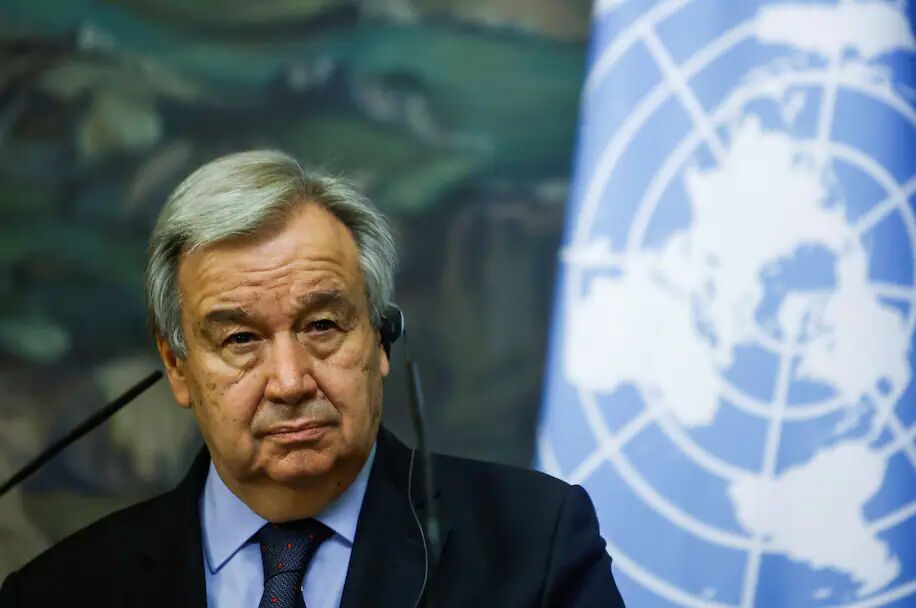Hassan Hanizadeh, speaking in an interview with the website of the Strategic Council on Foreign Relations, referred to the recent remarks of the UN Secretary General who, while underlining the need to emphasize and continue the process of negotiations between Iran and 4+1 countries, stressed that Iran is entitled to benefit economic advantages of the Joint Comprehensive Plan of Action (JCPOA), noted: During the six years since the signing of the JCPOA agreement, the international community has come to a clear understanding of Iran’s goodwill for transparency and honest cooperation with the IAEA; but the United States and some European countries have made a concerted effort to take the international agreement out of its true context and include a series of marginal issues in the negotiation process. The US withdrawal from the JCPOA agreement in 2018 and imposition of more than 1,700 sanctions have shown that Washington has tried to steer the agreement into politics and use it as a ‘sword of Damocles’ against the Iranian people.
Hanizadeh added: The emergence of a gap in the 4+1 countries’ views in the Vienna talks and the emphasis of Russia and China on Iran’s constructive role in cooperating with the International Atomic Energy Agency shows that the position of Britain, France and Germany towards Iran has been brought under questioned.
Citing the IAEA Director General’s reports on Iran, he explained: Rafael Grossi’s reports on Iran’s cooperation with the IAEA have clearly demonstrated that politicization and media currents of the US and Europe have not been very effective against Iran’s nuclear activities. The recent meeting of the Security Council and the report of the UN Secretary General are another emphasis on the success of Iranian diplomacy in the international arena.
According to Hanizadeh, the stance of Antonio Guterres and his deputy could be effective in changing the view of the US President Joe Biden on the peaceful nature of Iran’s nuclear activities.
The expert, referring to the differences between the Joe Biden’s team and that of Donald Trump on Iran’s nuclear program, said: Although the aggressive and irrational behavior of White House officials shows that the Zionist lobby and the Israeli regime are not ineffective in such positions, by examining the negotiation process in Vienna, between Iran and the 4+1 countries, we see a series of positive developments that could lead to a reliable point in the negotiations.
According to Hanizadeh, setting a time limit for ending the talks, emphasizing the need to lift illegal and unilateral US sanctions against Iran, and providing legal guarantees for the implementation of all Vienna agreements in return for Iran returning to its obligations are part of Iran’s demands in the recent talks in Vienna.
Saying that it is natural that such preconditions do not contradict the spirit of the JCPOA, the expert on international affairs added: The US withdrawal from the agreement proved that the Western negotiating parties are seeking to impose their terms on Iran. Adding issues other than Iran’s nuclear activities to the nuclear talks is part of the demands of the three European countries, Britain, France and Germany, which has been strongly opposed by the negotiating teams; therefore, the United States, which in recent years has withdrawn from the JCPOA and imposed cruel sanctions on Iran, is now well aware that it cannot force Iran to surrender through sanctions and is forced to join the international community.
He continued: The constructive stance of the UN Secretary General could lead to the political isolation of the United States and the three European countries, and the United Nations will probably oppose any attempt to condemn Iran in the future and use this international body to build a course against Iran.










0 Comments